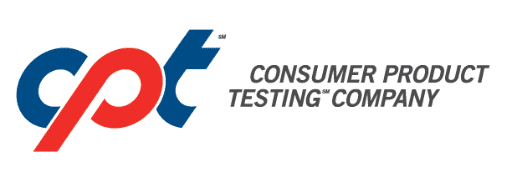CPT℠ LABS
Corporate Headquarters and Labs
70 New Dutch Ln
Fairfield, NJ 07004
973-576-5957
Satellite Clinical Lab Location
304 Wootton St.
Boonton, NJ 07005
Registrations
FDA
Registration# 1000151293
DEA
Registration# RC0199744 (Analytical Lab)
Schedule I-V license
Remember, Schedules I-II require DEA Form 222
Registration# RC0171568 (Researcher)
US EPA/NJ DEP
Registration# NJD982726648

